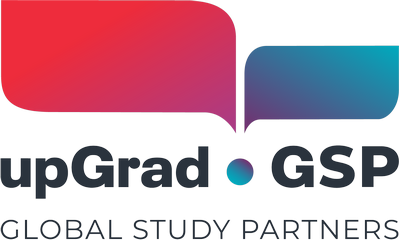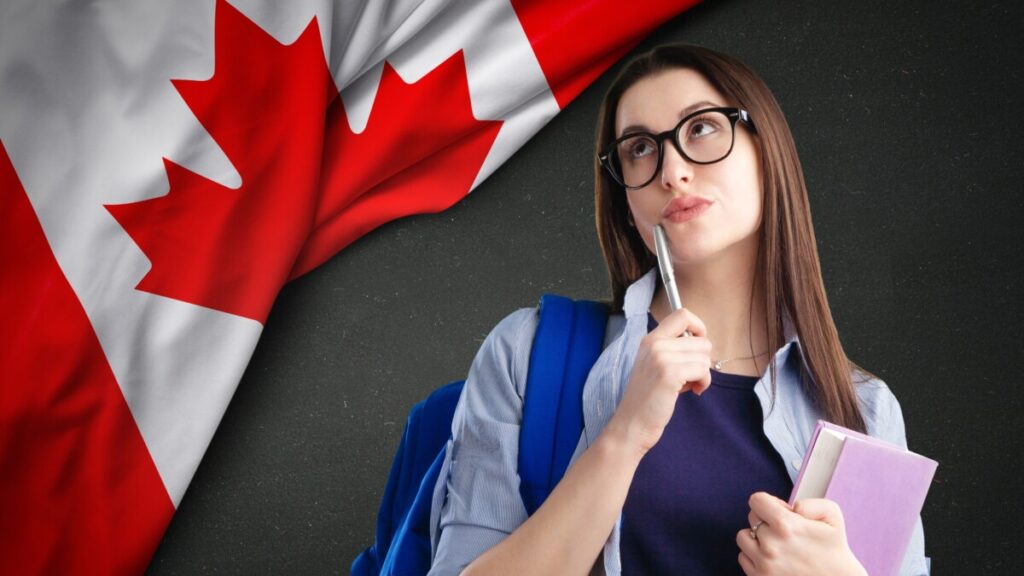Last 7 December 2023, the Honourable Marc Miller, Minister of Immigration, Refugees and Citizenship (IRCC) announced a significant adjustment in the financial prerequisites for study permit applicants. A higher cost-of-living financial requirement changes the landscape for international students seeking educational opportunities in Canada.
This change seeks to better prepare international students for life in Canada. The cost-of-living requirement in study permit applicants has not changed since the early 2000s, when it was set at $10,000, according to the IRCC. Starting 1 January 2024, prospective students will need to demonstrate they possess at least $20,635, along with their first year’s tuition and travel costs. Universities Canada, the nation’s main higher education grouping, said it understood the reasoning behind the change, stating that it should be adjusted to reflect today’s cost of living.
This is a proactive response to challenges faced by international students upon arrival in Canada, where their initial funds often prove insufficient to sustain themselves adequately. Miller also added: “We are revising the cost-of-living threshold so that international students understand the true cost of living here. This measure is key to their success in Canada. We are also exploring options to ensure that students find adequate housing. These long-overdue changes will protect international students.” The adjustment intends to foster financial stability and preparedness, ensuring a stronger foundation for their Canadian educational journey.
Extended work rights
In addition to the financial adjustment, the Canadian government has extended the policy allowing international students to work more than 20 hours per week until 30 April 2024. There’s also contemplation about permanently increasing the work allowance to 30 hours per week. Minister Miller emphasised the government’s determination to strengthen and improve the international education sector which favours the welfare of international students. This move follows previous reforms in the verification process for admission letters to better filter applications during the screening process.
Minister Miller highlighted the importance of institutions providing adequate support, including housing, to international students. If institutions are not able to meet these standards by September 2024 and prove their readiness to employ stringent measures to ensure compliance, they may potentially experience visa limitations.
Government measures for institutions
“We are prepared to take necessary measures, including significantly limiting visas, to ensure that designated learning institutions provide adequate and sufficient student supports as part of the academic experience,” stated Minister Miller. The government’s focus on safeguarding the academic experience extends to the provinces, signalling a readiness to utilise stringent instruments if necessary.
This reform in financial prerequisites and reinforced expectations for institutions echoes the government’s commitment to foster a supportive environment for international students and offer a holistic academic experience and career path in Canada.
To know more about the opportunities available for international students and updates about education in Canada, please reach out to our team at gspna@upgradgsp.com.




